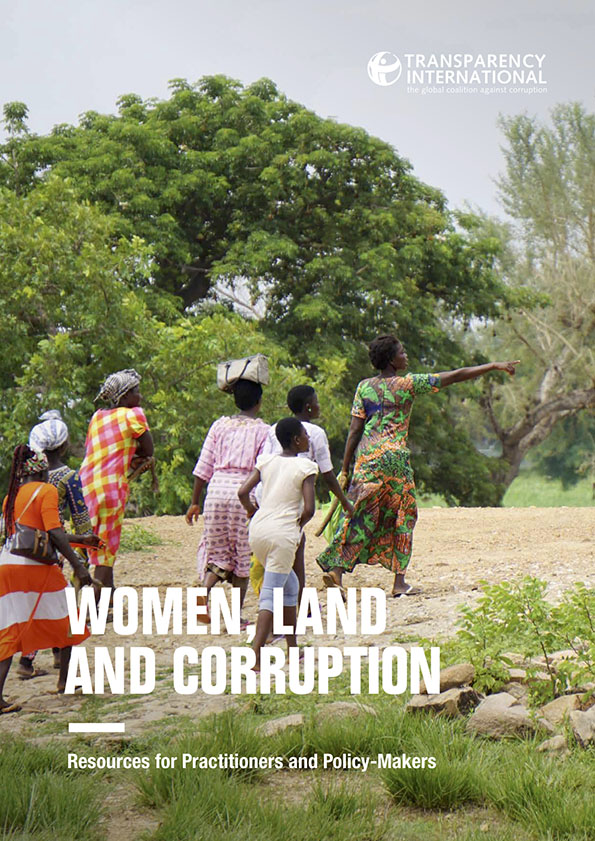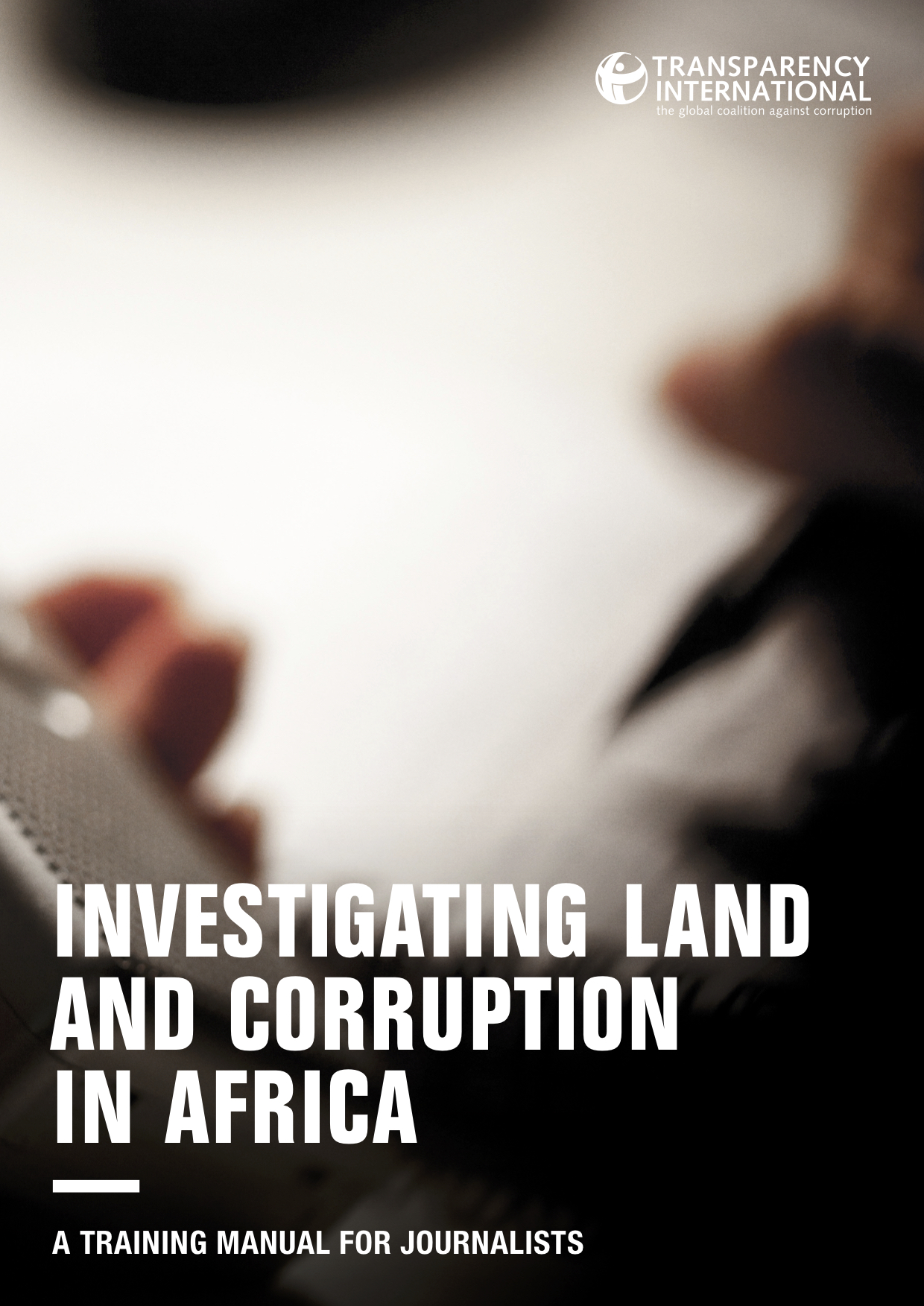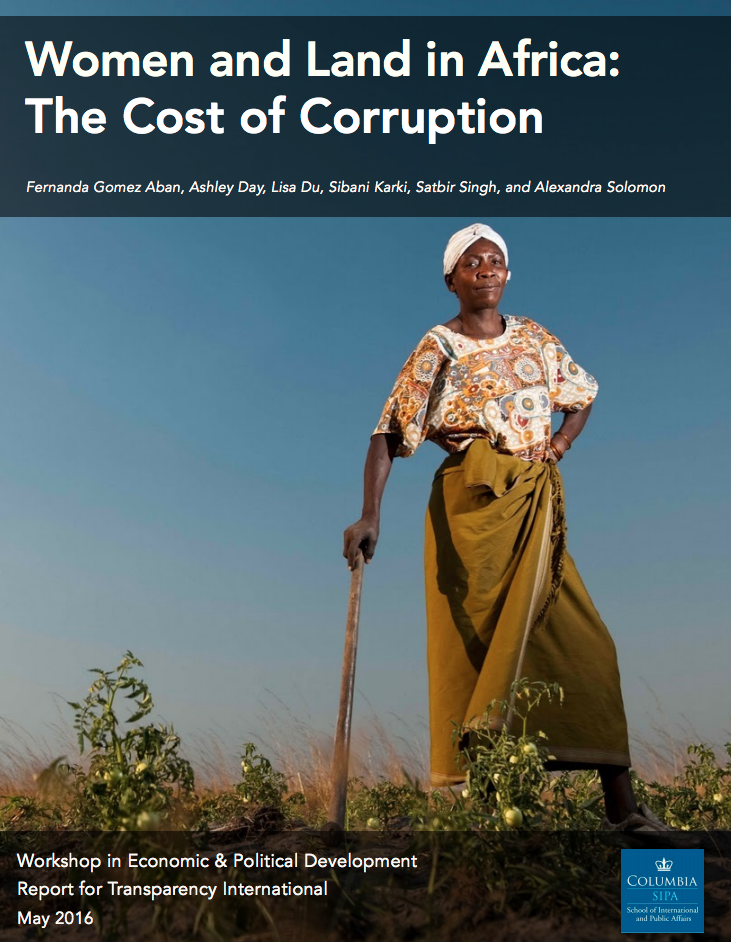
Topics and Regions
Gareth Benest is a communications and participatory media specialist working with groups and communities around the world. Gareth provides consultancy services for organisations across the international development sector, with particular focus on supporting community-led storytelling. His work aims to increase the visibility of under-represented groups and provide opportunities and platforms for marginalised groups to amplify their own voices.
Gareth has a diverse skillset - including facilitation, video production/post-production, copy-writing/editing and graphic design - and an established track record for programme development, project management, capacity-building and training. He has written three guidebooks, covering various aspects of participatory video practice, based on two decades of work with communities and stakeholders around the world.
Details
Affiliation:
Website
Location
Contributions
Displaying 11 - 20 of 45Creative Responses to Corruption in the Land Sector - Webinar
Corruption in the land sector affects every second citizen in Africa, with devastating impacts for individuals, communities and the development of fragile nations.
Rush for Rocks, Gold and Palm Oil - women document land corruption in Liberia
By Mary Hodgett (TIMBY)
In Liberia, two small communities are fighting to protect their homes, and land rights against a powerful wave of environmentally destructive industries.
Women, Land and Corruption
Women, Land and Corruption is a collection of unique articles and research findings that describe and analyse the prevalence of land corruption in Africa — and its disproportionate effect on women — pr
Investigating land and corruption in Africa - a training manual for journalists
The training manual provides a complete course for journalists – covering all aspects of researching, constructing, and presenting a land corruption story – which can be downloaded (for free) and used by trainers with or without prior experience of investigating land issues. It is intended for anyone that provides training or capacity-building for journalists including facilitators, trainers, lecturers and teachers.
Land Corruption in Coastal Kenya
For over fifty years, Hamisi Bidii farmed a small piece of land 50km north of Mombasa in Kilifi County, Kenya. Hamisi grew cashew nuts, palm and mango trees on his four-acre plot – which provided a modest income for his family – and served his community and country as a local Administration Chief in the years immediately following Kenya’s independence.
Land Corruption and Conflict in Uganda
One man is dead, another languishes in prison, a widow is destitute and her grandchildren have been forced out of school and into casual labour. These are the devastating impacts of corruption and conflict surrounding one small plot of land in the Central Region of Uganda.
Political Corruption Leaves Families Landless
In June 2005, demolition crews destroyed hundreds of homes in an impoverished suburb of Mutare, under ‘Operation Murambatsvina’ (Move the Rubbish), the government of Zimbabwe’s campaign to forcibly clear ‘slums’ across the country. Many of those made homeless joined housing cooperatives to collectively purchase land, on which to rebuild their lives, only to have that land taken by Zanu-PF supporters with backing from government ministers.
Tender: Research On Beneficial Land Ownership In Sierra Leone (Closing 13/11/17)
The Transparency International Secretariat (TI-S) in Berlin is seeking a consultant to research beneficial land ownership in Sierra Leone, applying and testing a newly developed methodology.
BACKGROUND
Tender: Research On Beneficial Land Ownership In Scotland (Closing 13/11/17)
The Transparency International Secretariat (TI-S) in Berlin is seeking a consultant to research beneficial land ownership in Scotland, applying and testing a newly developed methodology.
BACKGROUND
Women and Land in Africa
This report sits at the intersection of gender, land administration and corruption – an important issue area that is largely under-researched. Women’s rights to access, control and own land are consistently challenged and restricted by the gendered nature of corruption in the land sector, which disproportionately affects women.







